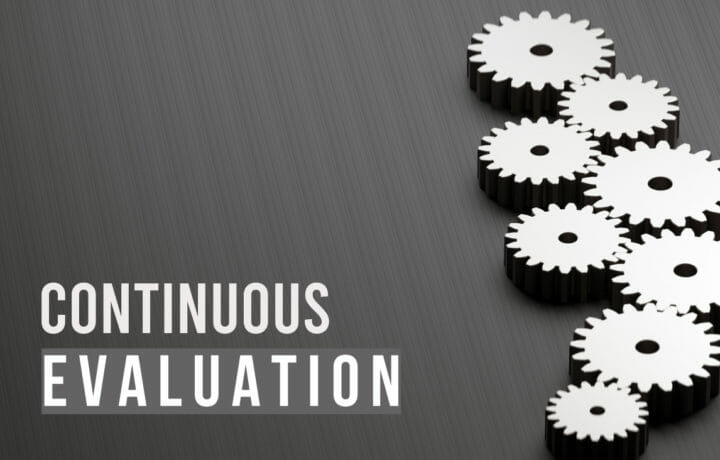Employee monitoring is a growing trend as workers go remote and companies look to stay connected with any changes in employee activity that could trigger an insider threat. It’s a phenomenon the government has been tracking for decades and recently established through its continuous evaluation and continuous vetting programs. ClearanceJobs sat down with Brian Dunbar, Director of Security for CACI’s National Security and Innovative Solutions Sector. Prior to his role with CACI Dunbar spent more than 30 years with the CIA including serving as the Assistant Director at the National Counterintelligence and Security Center. Dunbar has previously chatted with ClearanceJobs about the implementation of CE and its role in replacing episodic periodic reinvestigations.
Continuous Vetting and Clearance Holders
- 2:05 – Why Continuous Evaluation is so important.
- 6:00 – Private sector applications of employee vetting.
- 9:00 – What is a CE flag or alert and what does it mean.
- 10:30 – The benefits of CV.
“Continuous evaluation is the key lynchpin for the entire personnel vetting reform effort and serves as the backbone for continuous vetting,” said Dunbar.
Technology and automation were key aspects of the Trusted Workforce 2.0 modernization effort.
“One of the big questions we asked was how do you pull and push critical information between agencies in a real-time manner,” said Dunbar.
Continuous vetting is a new way of processing data, but not a change in the policy behind what data is considered in the security clearance process – it’s the same adjudicative guidelines, the same self reporting requirements, and the same data sets – but ongoing, rather than the five-or-ten-year interval of a periodic reinvestigation.
“We’re able to check on these things on a real-time basis, and obviously that’s better,” noted Dunbar.
CE Empowering Proactive Personnel Help
Dunbar emphasized that CV isn’t just about improving security within government and the private sector, it’s about allowing employees the opportunity to address issues early. That’s one area where the private sector can take a tip from the government – educating employees on what data is checked and why it matters.
A New York Times article recently highlighted the rise of continuous evaluation and vetting programs across the government and private sector. The article noted how it’s not just the government worried about insider threats. Many private sector companies are also applying employee vetting technologies. The path to doing so is often easier in the private sector, where privacy act rules and provisions don’t apply. The rules and policies governing employee vetting may differ between public and private sector, but in many cases the technologies available to do so – and the benefits to the company or agency – are the same.
“In the private sector likewise, proactive checks and vetting provide opportunities to engage and resolve issues before they reach a crisis stage,” said Dunbar.
Employee education is key, said Dunbar, and it’s something the government worked very hard on in the years leading to the rollout of CE across the security clearance population. He said that by educating employees ‘early and often’ he thinks they were able to get the buy-in necessary for the program to be successful.
“All impacted individuals were reprised early and often that we’re going down this path,” said Dunbar.
For better or worse, the rise in social media use has led to fewer concerns about a lot of employee monitoring that’s out there.
“Many people’s lives become very public through their deliberate actions and activity on social media and other public platforms,” said Dunbar.
And whether it’s social media or credit checks, the same policies apply to CE and CV efforts that applied when the government was conducting episodic investigations.
“It’s not really changing the dynamic about what is examined…it’s simply a different more modernized way to conduct the vetting,” said Dunbar.




